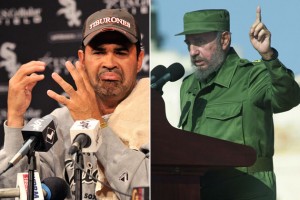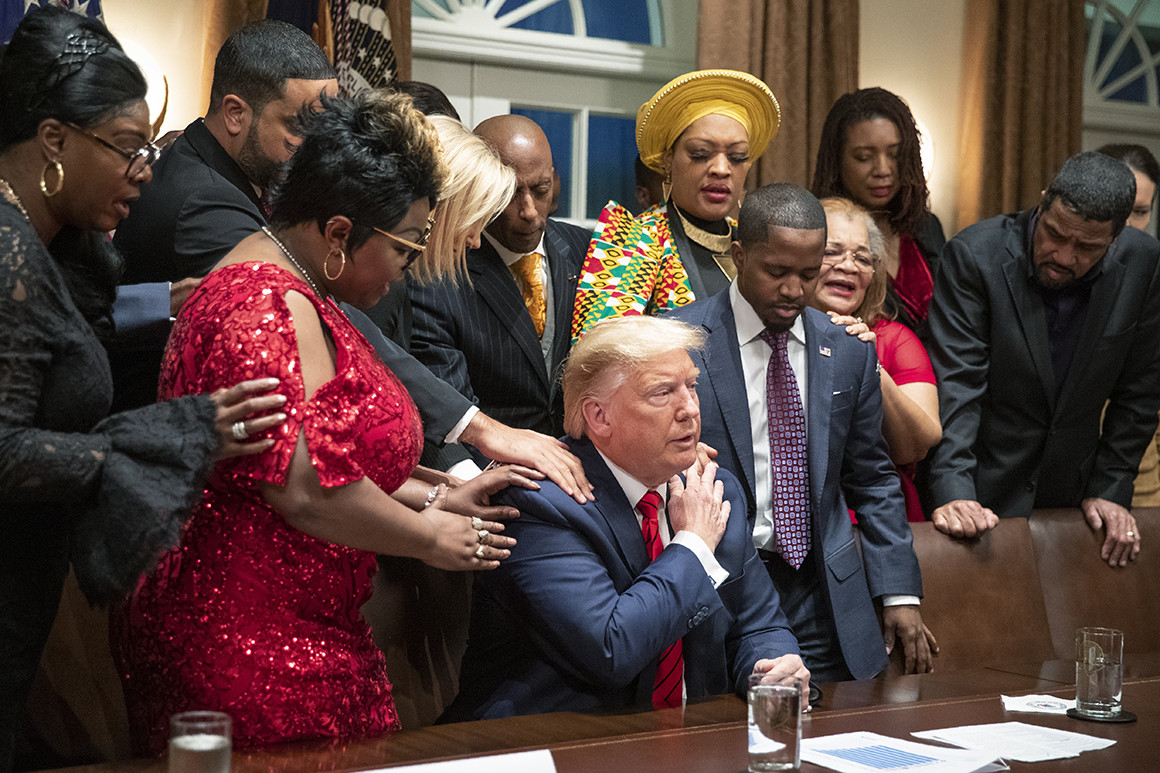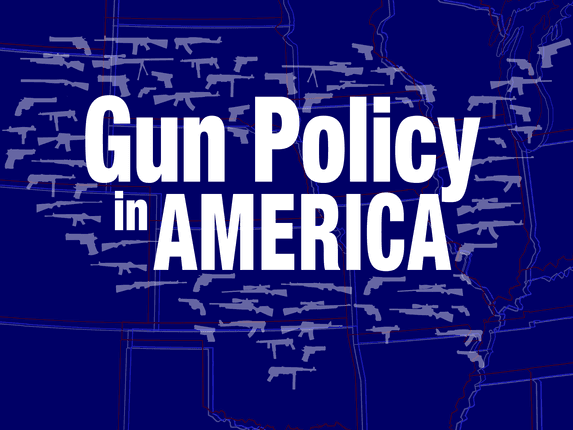(ThyBlackMan.com) While the All-American football star Tim Tebow is as widely admired for his religious displays and social conservatism as he is for his athletic prowess, baseball great Ozzie Guillen’s foray into political free speech has not been as well received.
Ozzie Guillen, former Major League Baseball player and current manager of the Miami Marlins—who was once fined by the Chicago White Sox for making a homophobic slur—received a five-game suspension without pay for professing his admiration of Fidel Castro in a recent Time magazine interview. His job now hangs in limbo, and some critics are calling for his dismissal.
The Venezuelan-born Ozzie Guillen told Time that he admired the way Fidel Castro had survived in power for almost 60 years, despite U.S. opposition and numerous death threats. Unlike his slur; which was abhorrent, Ozzie Guillen’s recent political comments epitomize the very essence of what freedom of speech is supposed to protect—dissent and controversial political  opinions.
opinions.
There’s a legacy of professional athletes—particularly those who take positions of conscience—being publically cannibalized for their “radical” political views. For instance, Heavyweight boxing champion Muhammad Ali was banned for a number of years from boxing for his avoidance of the draft and expressed opposition to the Vietnam War. Controversy followed Tommie Smith and John Carlos for their black power salute at the 1968 Summer Olympics in Mexico City. And more recently, NFL star Rashard Mendenhall, at 23, lost his million dollar championship endorsement for questioning on twitter whether the exalted celebration of Bin Laden’s death was indeed dignified.
Whereas Americans are supposed to enjoy constitutional protection from governmental restriction of free speech, private companies can constitutionally intrude on their employees’ freedom of speech inside, and in some instances, outside of the workplace. The First Amendment does not regulate private employers—though perhaps it should. Courts have held that however chilling, private companies can curtail employee freedom of expression.
Yet, in maintaining our free society, even without an express constitutional mandate, private companies can and should uphold the First Amendment. For instance, wildly popular and conservatively conventional Tim Tebow’s freedom to proselytize in his official capacity as a NFL football star has not been curtailed by the New York Jets, although his socially conservative views do not go unopposed. The disparate treatment of Tim Tebow and Ozzie Guillen raises the question of whether highly public, powerful corporations should be able to shape and mold public discourse by selectively censoring employee speech.
Given the benefits derived from private industry’s almost unfettered ability to lobby the public sector and sheer ubiquity in our everyday lives, it seems only fair that these large, often multi-national corporations have a reciprocal obligation to respect the constitutional rights and freedoms of the public they serve and from whom they clearly derive great benefit.
In Marsh v. Alabama, 326 U.S. 501 (1946), The Supreme Court held that residents of a privately owned company town still had constitutional protections, and that the company could not abridge the community’s freedom of speech, right to assemble, and freedom of religion. In foreshadowing the impact of the plutocratic Citizens United on our democracy, the high court took umbrage at private corporations having “absolute dominion,” and reasoned that the more public the private property, the more an owner’s rights are circumscribed by the statutory and constitutional rights of the public invited within that property.
In the instant case, the Miami Marlins two billion dollar publicly-funded, “private” mega stadium surely rivals the parochial company town of yesteryear, not only based upon its hefty reliance on tax dollars, but also in its size and ability to seat, serve, and employ such a vast swath of the public—substantially intruding upon public space and presumably assuming some government functions. A dystopian Hunger Games meets George Orwell future is fashioned when large, almost quasi-governmental in scope corporations—concerned only with profit and the control of the mechanisms of profit—can swallow so much of the public sphere while precluding freedom of speech, the cornerstone and hallmark of a free society.
Beyond the fact that Fidel Castro, albeit a controversial figure, is not universally and so vehemently despised outside of the politically conservative Cuban-American community in South Florida, the First Amendment would be rendered largely ineffectual if it were relegated merely to popular or politically correct speech. The First Amendment is not about double standards or cherry picking. If Tim Tebow, while wearing a private team’s jersey and mantel, can exude white male, patriarchal and conservative family and religious values—which some may consider marginalizing to women and minorities of all kinds—then why shouldn’t Ozzie Guillen be allowed to express his political views without taking a corporate hit?
Staff Writer; Joy Freeman-Coulbary
Feel free to connect with this lawyer via Twitter; enjoyJFC.




















To read more from JFC on this topic:
http://www.washingtonpost.com/blogs/therootdc/post/miami-marlins-manager-ozzie-guillen-suspended-for-fidel-castro-comments/2012/04/17/gIQAVjqAOT_blog.html
“While the First Amendment grants constitutional protection from governmental restriction of free speech, private companies can constitutionally intrude on their employees’ freedom of speech inside and outside the workplace. Courts have held that however chilling, private companies can curtail employee freedom of expression.
Yet, in maintaining our free society, even without an express constitutional mandate, private companies can and should uphold the First Amendment. Tebow’s trademark genuflection after he scores a touchdown has been dubbed by fans as “Tebowing,” reflecting his express devotion to Jesus Christ, Lord and Savior, according to Sean S. O’Neil for Religion Dispatches.”
Free speech never meant that a person would not face the consequences of what they say, just that they have a right to say it. Your suggestion that there should be no ramifications for what a person says is absurd. Beyond this, your article is rife with nonsense. Ali was banned not for saying anything, but breaking the law. (Disagree with the law if you like, but remember it was enforced and the war in Viet Nam escalated by your buddies in the Dem Party! As for Tebow’s views being “white male, patriarchal and conservative family and religious values” — you have the freedom of speech to say so…but you just exposed yourself as a looney bin. I don’t have to read you any more. That’s my freedom!